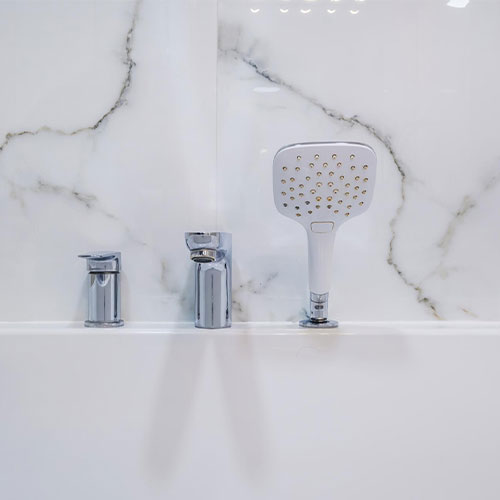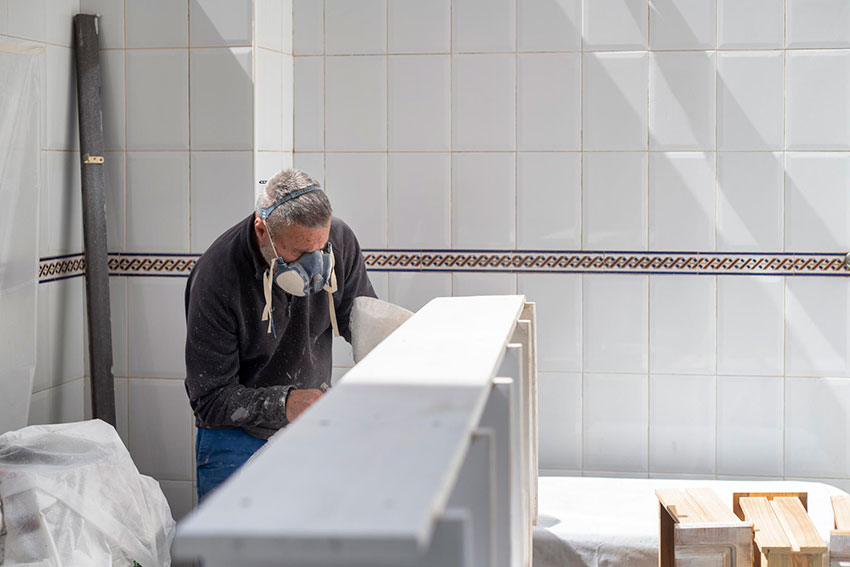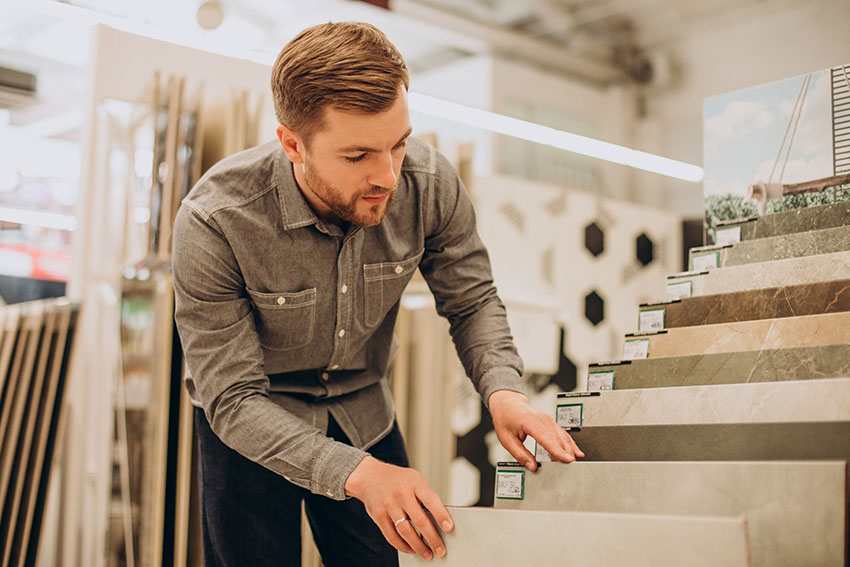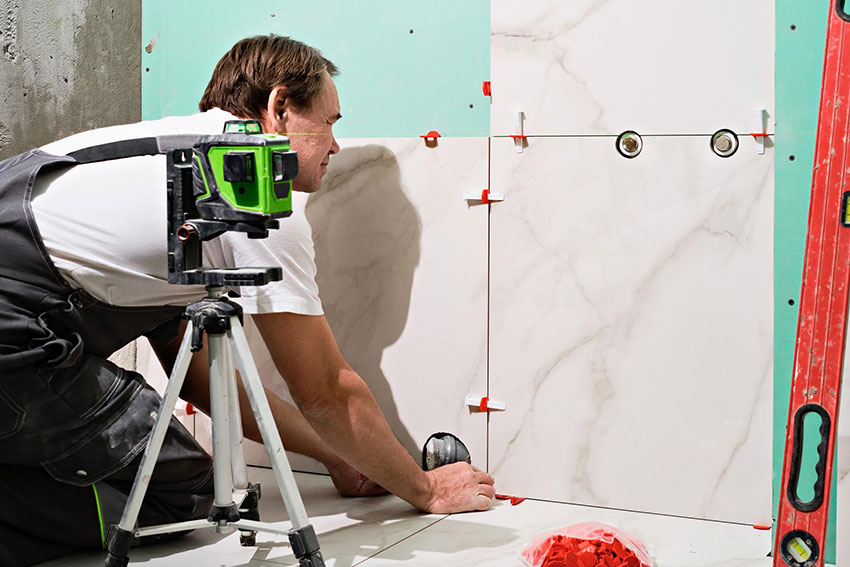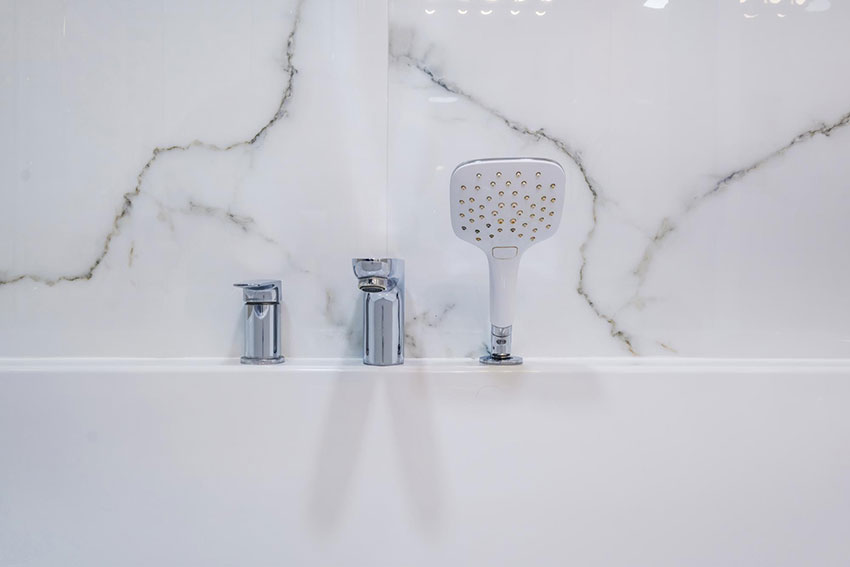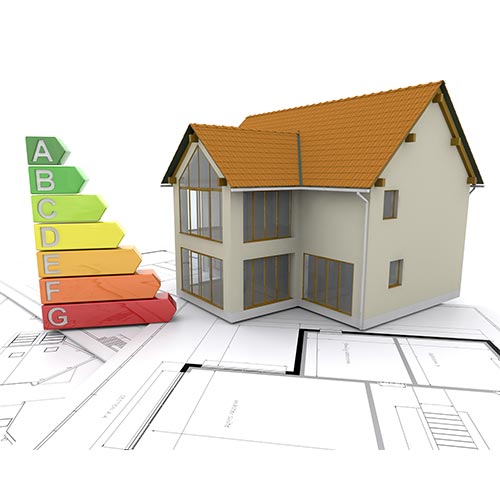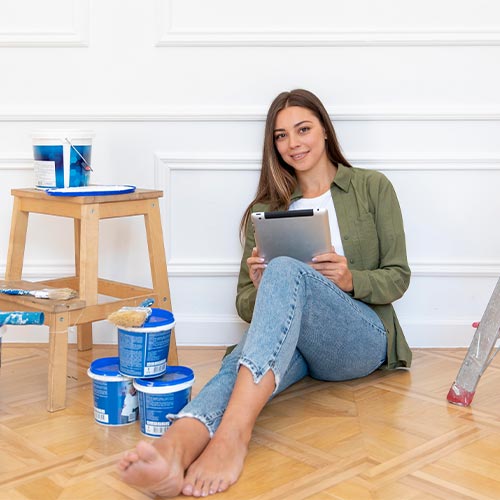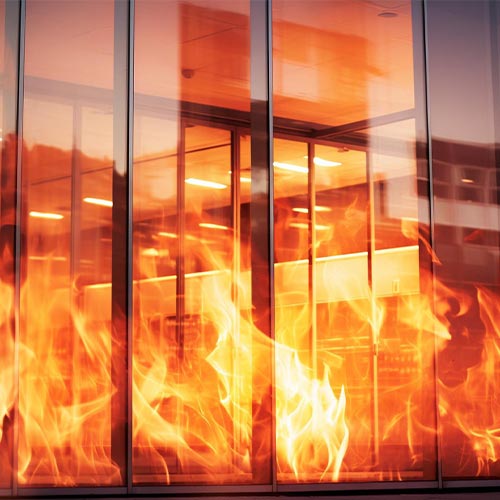Best Bathroom Renovation Materials: A Complete Guide
When planning a bathroom renovation, selecting the best bathroom renovation materials is crucial for both aesthetics and durability. The best bathroom renovation materials not only enhance the appearance of the space but also ensure longevity, ease of maintenance, and resistance to moisture. Choosing the best bathroom renovation materials can be overwhelming due to the wide variety of options available. However, by understanding the features and benefits of each, you can make informed decisions. The best bathroom renovation materials include high-quality tiles, moisture-resistant cabinetry, durable countertops, and efficient plumbing fixtures. Investing in the best bathroom renovation materials will not only elevate the elegance of your bathroom but also increase your home’s value. The best bathroom renovation materials should be chosen based on factors such as water resistance, durability, style, and budget. With the right best bathroom renovation materials, your bathroom will remain functional and stylish for years. This guide will help you explore the best bathroom renovation materials to ensure a seamless and successful remodeling project. Whether you’re aiming for a luxurious spa-like retreat or a simple yet modern design, the best bathroom renovation materials can transform your space. From natural stone to innovative engineered materials, choosing the best bathroom renovation materials is key to achieving a perfect bathroom renovation. Now, let’s dive deeper into the best bathroom renovation materials available today.
Transform Your Space with BUILPIRE – Book Your Consultation Today!
1. Tiles: The Foundation of a Stunning Bathroom
Tiles are one of the most important bathroom renovation materials. They provide durability, water resistance, and aesthetic appeal. Some of the best tile options include:
- Porcelain Tiles: Highly durable and water-resistant.
- Ceramic Tiles: Affordable and available in various designs.
- Natural Stone Tiles: Adds a luxurious touch but requires maintenance.
- Glass Tiles: Modern and stylish, though they need proper installation.
- Mosaic Tiles: Great for decorative accents and slip-resistant flooring.
- Cement Tiles: Bold patterns and highly durable.
2. Waterproof Flooring Options
Bathroom floors need to be waterproof and slip-resistant. The best flooring materials include:
- Vinyl Flooring: Affordable, water-resistant, and easy to install.
- Natural Stone Flooring: Elegant but requires sealing.
- Engineered Wood Flooring: Provides a warm aesthetic with water-resistant features.
- Epoxy Flooring: Seamless, waterproof, and highly durable.
- Concrete Flooring: Modern, industrial look, and extremely durable.
3. Durable Countertop Choices
Selecting the right countertop is essential for both functionality and style. Top materials include:
- Quartz: Non-porous and easy to maintain.
- Granite: Natural and stylish, though it needs sealing.
- Marble: Luxurious but requires regular care.
- Solid Surface: Seamless and available in various colors.
- Recycled Glass: Eco-friendly, stylish, and durable.
4. High-Quality Bathroom Cabinets
Bathroom cabinets must be resistant to moisture and humidity. Recommended materials include:
- Plywood: Strong and water-resistant.
- MDF (Medium-Density Fiberboard): Cost-effective and customizable.
- Solid Wood: Durable but requires maintenance.
- Thermofoil: Resistant to moisture and easy to clean.
- Bamboo: Sustainable and highly resistant to humidity.
5. Reliable Plumbing Fixtures
The right plumbing fixtures enhance both efficiency and design. Options include:
- Stainless Steel Faucets: Durable and corrosion-resistant.
- Brass Fixtures: Stylish and long-lasting.
- Ceramic Valves: Ensure longevity and leak prevention.
- Matte Black Fixtures: Modern and easy to maintain.
- Touchless Faucets: Hygienic and water-efficient.
6. Shower and Bathtub Materials
Choosing the right materials for showers and bathtubs affects both comfort and durability:
- Acrylic: Lightweight and affordable.
- Fiberglass: Budget-friendly and easy to install.
- Cast Iron: Heavy but incredibly durable.
- Stone Resin: Elegant and long-lasting.
- Copper Bathtubs: Luxurious and antibacterial.
- Wooden Soaking Tubs: Traditional and aesthetically pleasing.

7. Smart Technology in Bathroom Renovation
Modern bathrooms benefit from smart innovations such as:
- Heated Floors for added comfort.
- Motion-Sensor Faucets for water efficiency.
- LED Mirrors for better lighting and energy savings.
- Smart Toilets with bidet functions and self-cleaning capabilities.
- Digital Showers for precise temperature control.
- Voice-Controlled Lighting for enhanced convenience.
8. Wall Finishes and Paints
Moisture-resistant paints and finishes are essential for a lasting renovation:
- Semi-Gloss Paint: Resists moisture and mildew.
- Waterproof Wallpapers: Adds style without damage concerns.
- Cement Boards: Provides a strong and mold-resistant wall foundation.
- Microcement: Sleek, seamless, and highly durable.
- Wood Paneling: Adds warmth and a rustic touch.
9. Eco-Friendly Bathroom Renovation Materials
Sustainability is becoming a major factor in modern renovations. Some eco-friendly materials include:
- Bamboo Flooring: Renewable and water-resistant.
- Recycled Glass Countertops: Stylish and environmentally friendly.
- Low-VOC Paints: Improves indoor air quality.
- Water-Efficient Toilets: Reduces water consumption.
- Reclaimed Wood Vanities: Sustainable and unique.
Conclusion
Choosing the best bathroom renovation materials ensures that your bathroom remains stylish, functional, and long-lasting. Whether you opt for high-end materials or budget-friendly alternatives, quality should always be a priority. For expert assistance in bathroom renovations, consider Builpire, a trusted name in home and bathroom remodeling. Their expertise in selecting and installing the best bathroom renovation materials guarantees a flawless transformation of your space.
For more ideas and guidance, follow us on Instagram.
Frequently Asked Questions
1. What are the most durable materials for bathroom countertops?
When selecting a durable bathroom countertop material, consider factors like water resistance, durability, ease of maintenance, and aesthetics. The best options include:
- Quartz – Non-porous, highly resistant to stains, scratches, and moisture. Requires minimal maintenance and does not require sealing.
- Granite – A natural stone that is highly durable and resistant to heat and scratches. It does need periodic sealing to maintain its resistance to moisture and stains.
- Solid Surface (Corian, etc.) – A man-made material that is seamless, non-porous, and resistant to mold and mildew. It can be repaired easily if scratched.
- Porcelain Slab – Extremely durable, heat-resistant, scratch-resistant, and non-porous, making it an excellent option for bathrooms.
- Concrete – Very strong and customizable, but it requires proper sealing to prevent water damage and stains.
- Marble – Luxurious and elegant but porous and prone to stains and etching, requiring frequent sealing.
2. Which flooring material is best for a waterproof bathroom?
Bathrooms need flooring that is completely waterproof, slip-resistant, and durable. The best options include:
- Porcelain or Ceramic Tile – These are the most popular choices for bathrooms due to their water resistance, variety of styles, and durability.
- Luxury Vinyl (LVP or LVT) – 100% waterproof, affordable, and available in styles that mimic wood or stone. Also softer underfoot than tile.
- Natural Stone (Slate, Granite, Travertine, etc.) – While durable and beautiful, some stones need sealing to maintain water resistance. Textured stone provides slip resistance.
- Engineered Wood – More water-resistant than solid hardwood, but still requires proper sealing to prevent water damage.
- Concrete – Extremely durable, completely waterproof when sealed properly, and can be stained or textured for a stylish look.
3. What type of tiles are best for bathroom walls and floors?
The best tiles for bathroom walls and floors depend on moisture resistance, durability, and slip resistance. Here are the top choices:
- Porcelain Tile – Highly durable, water-resistant, and available in a wide range of designs. It’s ideal for both floors and walls.
- Ceramic Tile – Similar to porcelain but slightly less dense and absorbent. Suitable for walls and lower-traffic floors.
- Glass Tile – Best for walls and decorative backsplashes. It’s stylish and resistant to stains but not ideal for floors due to its slippery surface.
- Natural Stone Tile (Marble, Travertine, Slate, etc.) – Provides a luxurious look but requires sealing to maintain durability in wet conditions.
- Mosaic Tile – Great for shower floors due to its smaller size and increased grout lines, which improve slip resistance.
- Large Format Tiles – These minimize grout lines, making cleaning easier and giving a modern, seamless look.
4. How can I make my bathroom renovation more eco-friendly?
To create an eco-friendly bathroom, focus on sustainable materials, water-saving fixtures, and energy efficiency. Here’s how:
- Use Sustainable Materials – Choose countertops made from recycled glass, bamboo, or FSC-certified wood. Opt for tiles made from recycled content.
- Install Water-Efficient Fixtures – Use low-flow toilets, faucets, and showerheads to reduce water consumption. Look for EPA WaterSense-certified products.
- Improve Ventilation – A well-ventilated bathroom prevents mold growth and improves air quality. Install an energy-efficient exhaust fan.
- Choose LED Lighting – LED bulbs consume less energy and last longer than traditional bulbs.
- Use VOC-Free Paints and Sealants – Volatile organic compounds (VOCs) can harm indoor air quality, so opt for low-VOC paints and adhesives.
- Opt for Radiant Floor Heating – More energy-efficient than traditional forced-air heating, providing warmth without excessive energy use.
- Repurpose or Reuse Materials – Salvaged wood, reclaimed fixtures, and recycled tiles help reduce waste.
5. What is the best cabinet material for a moisture-rich bathroom environment?
Bathroom cabinets must withstand humidity, moisture, and occasional splashes. The best materials include:
- Plywood – Stronger and more moisture-resistant than MDF or particleboard. Marine-grade or exterior-grade plywood is the most durable for wet environments.
- Solid Wood (with Proper Sealing) – While wood expands and contracts with humidity, well-sealed hardwoods like teak and oak work well.
- Medium Density Fiberboard (MDF) with Waterproof Coating – More affordable than plywood, but it must have a high-quality laminate or veneer to prevent moisture absorption.
- PVC (Polyvinyl Chloride) – 100% waterproof, resistant to mold and rot, making it an excellent choice for humid bathrooms.
- Stainless Steel or Aluminum – Highly durable, completely waterproof, and resistant to rust, though it may not suit all design aesthetics.
For expert guidance on selecting the best bathroom renovation materials, reach out to Builpire today and turn your dream bathroom into reality!

